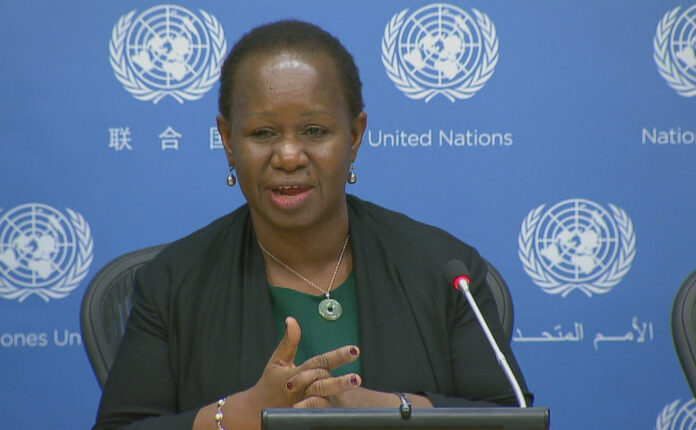In the highlands of Lubero, a powerful scene unfolded this week: thousands of residents lined the roads, singing, dancing, and waving palm branches to welcome the Governor of North Kivu, a native son returning home.
Note: Company, Blog, Church websites are free.
It wasn’t just another political visit. It was a deeply emotional moment for a community that sees in him not only a leader, but one of their own, someone who speaks their language, understands their pain, and shares their dreams.
At a time when the Democratic Republic of Congo faces rising insecurity and widespread public mistrust of government, the Governor of North Kivu stands out. Born and raised in Lubero, he has never forgotten his roots.
His visit drew a crowd of elders, youth, women’s groups, and local leaders, all eager to meet the man they call ‘’umwana wacu’’ (our child). “He knows our struggles because he lived them,” said Mama Chantal, a market vendor who had travelled for hours to be there. “And now, he returns not as a stranger, but as our hope.”
Since taking office, the Governor has worked to restore security in conflict-prone areas, combat corruption, and bring marginalized communities into the political conversation. His leadership style, direct, humble, and people-focused, has earned him growing support across North Kivu.
The response in Lubero was overwhelming. As he moved through the town, residents spontaneously formed crowds, chanting slogans of support. School children performed poems, choirs sang songs of unity, and local elders offered traditional blessings.
“We’ve seen many leaders pass through here,” said one local chief, “but few have ever come to listen like this. He sat with us. He asked real questions. He didn’t come with answers, he came to build them with us.”
For many, the visit represented a break from the usual top-down politics. It felt participatory, authentic, and empowering.
While the visit was emotionally charged, it also carried a clear political message. In a region long overlooked and exploited by distant authorities, Lubero is now making its voice heard.
Analysts view the Governor’s popularity as a sign of a broader shift in Congolese politics: a demand for leadership that is local, credible, and accountable. His warm reception in Lubero could influence not just regional dynamics, but national calculations as well.
International observers are watching closely. In a part of the world too often defined by conflict and neglect, the Governor’s grounded leadership offers a rare and hopeful counter-narrative.
As the sun dipped behind the mountains, drums echoed through the hills, and a clear message resonated across Lubero: the people want change, but they want it led by those who know them, and stand with them.
For now, the people of Lubero have made their choice clear. They are rallying behind one of their own, a son of the soil, a leader with vision, and a Governor they trust.




